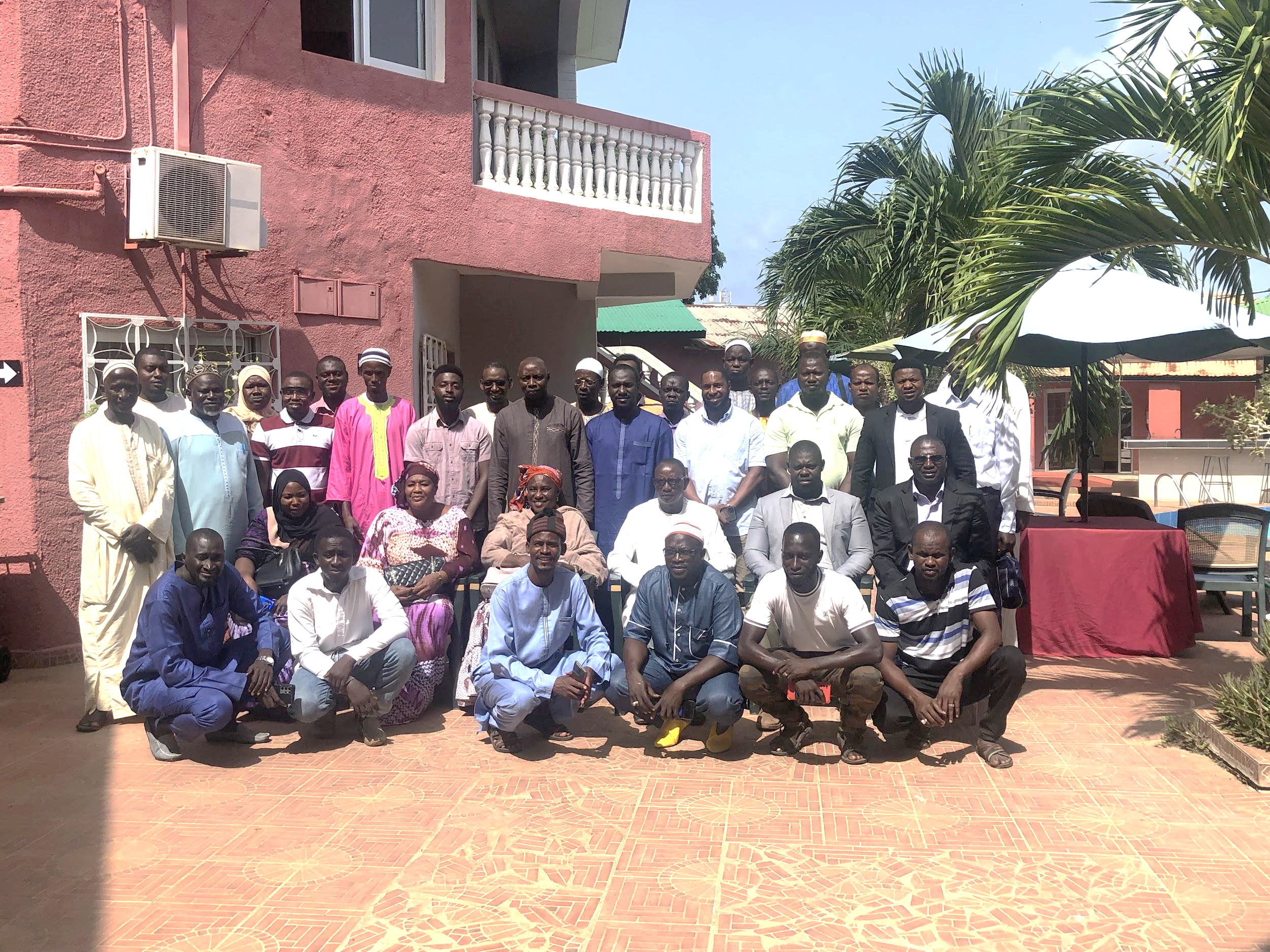By: Fatou Krubally
Mayor Rohey Malick Lowe reportedly consumed over D750,000 worth of fuel in 2021 alone, far exceeding her annual allocation and contributing to widespread overspending at Banjul City Council (BCC), the Local Government Commission of Inquiry heard last week.
Testifying on May 5, former BCC Finance Director Momodou Camara revealed that the Council routinely blew past its D6 million fuel budget, with key officials receiving large cash payments weekly. He said the mayor received D15,000 per week, while the former CEO Mustapha Batchilly was given D4,000 and he himself D3,000.
“We submit our requests every Friday and get paid in cash,” Camara explained. “When there’s money, we get coupons. If not, we pay as we go.”
Lead Counsel Patrick Gomez questioned the fiscal discipline of the Council, noting that expenditures regularly outstripped the approved budget. “So, you’re spending more than what you have budgeted for?” he asked. “Yes,” Camara replied.
Camara painted a picture of weak institutional controls and political interference. He claimed that his authority was undermined by the mayor and CEO, citing instances where staff bypassed him to receive leave approval directly from the mayor. “We cannot be singing two songs,” he lamented.
One of the most contentious issues involved a cancelled D11 million contract with Fatima Trading to supply 5,700 dustbins. Camara said the Council, led by the mayor and Batchilly, tried to cancel the deal in favour of Kebba and Sons, a company allegedly close to the mayor, despite it offering a poorer deal. “They did everything to break this contract,” Camara alleged.
He also cited cases of favouritism in staffing decisions, claiming a university intern he assigned was moved because she lived near the mayor.
Camara admitted that despite his efforts to reform the finance system, including drafting a loan policy, his inputs were routinely ignored. “I was expunged from projects,” he said. “My staff laugh at me they say your words don’t hold.”
The Commission continues to probe BCC’s finances, with Camara’s testimony highlighting deep-rooted governance and accountability issues. “It’s food for thought,” he concluded.





